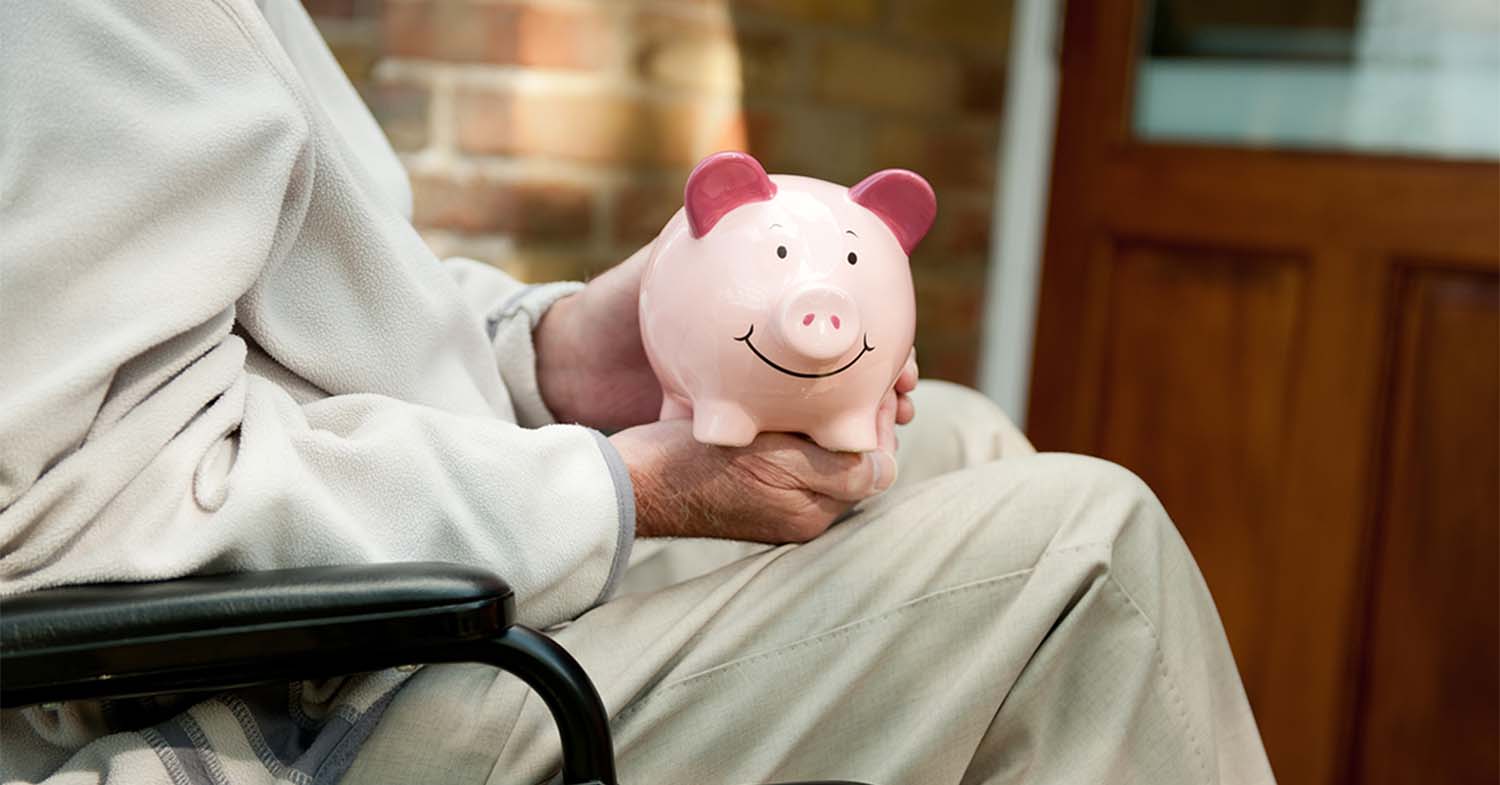Overview of AISH
The Assured Income for the Severely Handicapped (AISH) program is intended to give severely disabled Albertans, who are incapable of earning a livelihood, a minimum amount of income for living expenses. As of 2018, AISH recipients are entitled to up to $1,685/month and an additional $200/month for a first dependent child and $100/month for every additional dependent child.
AISH recipients are also eligible for AISH Health Benefits which includes prescription coverage, eye exam coverage, dental services, diabetic supplies and ambulance trips. You may also be eligible for additional medical benefits (physiotherapy, massage, hearing aids) with prior-approval.
Eligibility
Anyone eligible to receive Old Age Security (65+) is not eligible for AISH. You must also first apply to any other benefits that may be available to you, including Canada Pension Plan Disability (CPP-D) (if over 65), Employment Insurance (EI), or the Worker’s Compensation Board (WCB).
Medical Eligibility
To be medically eligible for AISH, you must have a medical condition that is likely to be permanent and it must also be the primary factor affecting your inability to earn a living. You must show:
- Your mental/physical functioning is impaired;
- This impairment substantially limits your ability to earn a living; and
- This impairment is likely permanent because there is no therapy available to improve your ability to earn a living.
You must also show you have: a) looked for and accepted/maintained reasonable employment, and/or b) made use of suitable training or rehabilitation.
The AISH application package must be filled out by you and your medical provider. It can be found at: https://www.alberta.ca/aish-how-to-apply.aspx.
Financial Eligibility
AISH is designed to be a last resort for those unable to earn an income due to medical condition. To be eligible for AISH, you must
Income
AISH requires that you report your total income and your spouse’s total income. This is typically what has been declared in your annual tax returns. Different types of income are weighted differently and income sources may be fully exempt, partially exempt or non-exempt.
Income that is exempt includes gifts, income tax refunds, child support, Alberta Seniors Housing Allowance, Registered Disability Savings Plan (RDSP) payments, Registered Retirement Savings Plan (RRSP) payments, scholarships, and government rent supplements (Capital Region Housing Corporation).
Income that is non-exempt includes spousal support, Canada Pension Plan (CPP) payments, Employment Insurance benefits, Old Age Security payments, employer pensions, Treaty Indian pensions, WCB benefits and immigrant sponsor benefits.
Income that is partially exempt are wages, employer-funded long-term disability payments, severance pay, self-employment income, passive income (investment interest, rental income, trust income) and income your spouse receives.
The following is how AISH calculates income that is partially exempt:
For individual AISH recipients, or couples where both people are receiving AISH, an individual can have an after-tax income of up to $1,072 without affecting their AISH benefits. Any income between $1,072 – $2,009 will be counted at 50% and deducted from your AISH benefits and any income over $2,009, is counted at 100% and deducted from your AISH benefits. For passive income, including investment interest, rental income etc., the first $300/month is fully exempt and anything over $300/month is 25% exempt.
For couples where only one person is on AISH, the first $2,612 of the couple’s after-tax income is exempt. Any amounts between $2,612- $3,349 are 50% exempt and anything over $3,349 is non-exempt and will be deducted from any AISH payments. Passive income is exempt up to $875/month and anything over $875/month is 25% exempt.
Assets
If the net-value of non-exempt assets is greater than $100,000, you are not eligible for AISH. Net-value of assets is the fair market value of an non-exempt asset minus any debts secured to that asset evidenced by a written document. General debt obligations (credit cards, loans) will not, generally, be deducted from your assets as it must be tied to the asset itself.
Assets include anything you, or your spouse (if applicable), own of value including bank accounts, investments, properties and vehicles. All assets must be reported and must be kept current by providing bank statements, property assessments etc. There are both exempt and non-exempt assets.
Assets that are exempt include your primary home, your primary vehicle, an additional vehicle adapted for disability, Locked-in Retirement Accounts (LIRA), Registered Disability Savings Plans (RDSP), clothing, reasonable household items, pre-paid funerals and trusts which you are a beneficiary to.
Non-exempt assets include chequing or savings accounts, cashed and uncashed cheques, Guaranteed Investment Certificates (GICs), Registered Retirement Saving Plans (RRSPs), Registered Retirement Income Finds (RRIFs), Registered Education Savings Plans (RESPs), Tax-Free Savings Accounts (TFSAs), stocks, bonds, mutual funds, loans owed to you, equity in business, and rental/secondary properties.
Note: If you receive money, for example an inheritance, funds from selling your house, a gift, or insurance pay-outs), you have 365 days to invest it in an exempt asset before it becomes a non-exempt asset.
How does your personal injury settlement impact your AISH benefits?
You must first contact your AISH caseworker and let them know of your settlement as they can give you the best personalized information. AISH deems your settlement a temporarily exempt asset which means you have 365 days to invest it into an exempt asset or it becomes a non-exempt asset and may impact your eligibility for AISH. Please note your settlement may also affect your spouses’ eligibility for AISH in the same way.
Once you’ve received a settlement, your options with AISH are as follows:
- If your net settlement, combined with the net market value of your non-exempt assets, does not exceed $100,000, your settlement will not impact your AISH payments. You must still report your settlement to your AISH caseworker.
- If your net settlement, combined with the net-worth of your non-exempt assets, does exceed $100,000, you have 365 days to invest it into an exempt asset. This can include investing in a Registered Disability Savings Plan (RDSP), paying down your primary home mortgage, replacing your primary vehicle or setting up a trust or structured settlement. There are many companies that provide structured settlements for personal injury awards. Please speak to your lawyer and see a financial advisor for advice.
Note: Spending the money on anything that is not an exempt asset and/or paying down miscellaneous debts (credit cards, loans) will void the temporary exemption on your settlement. This may result in part, or the whole, of your settlement being considered as income which affects you or your spouse’s eligibility for AISH. Please contact your AISH case worker for personalized information.

